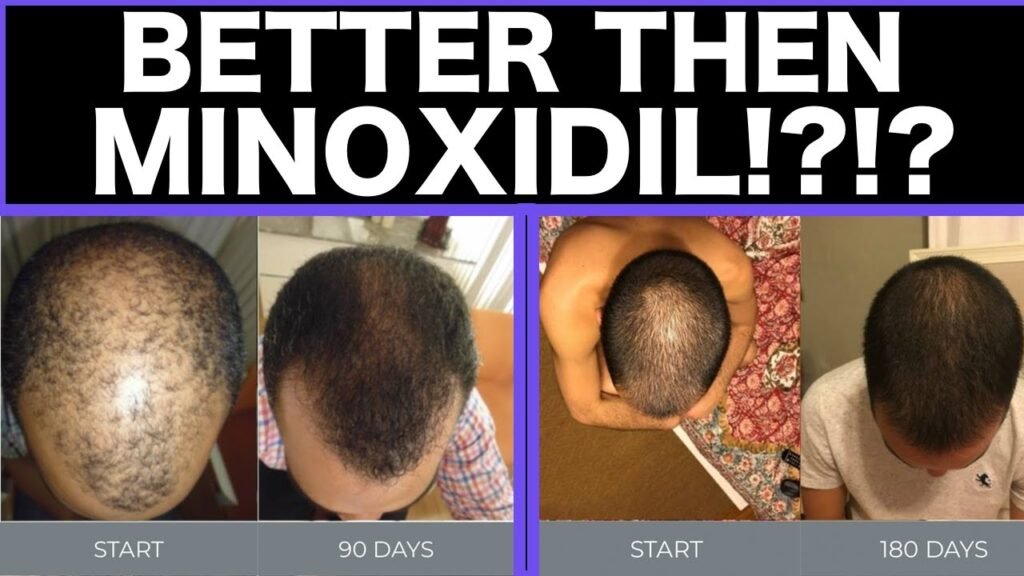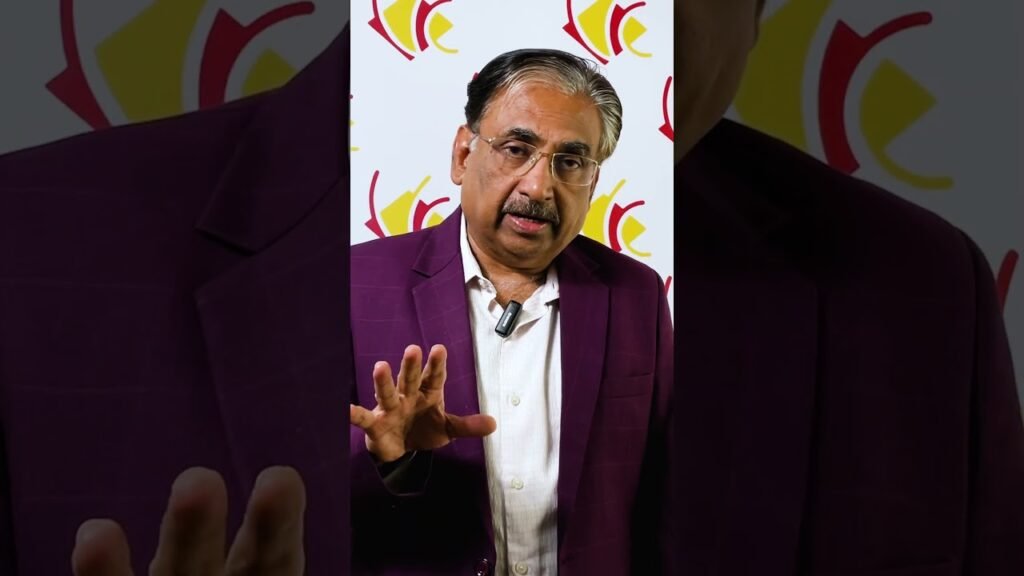What works best: Minoxidil vs biotin
When it comes to tackling hair loss, two popular solutions often come into play: Minoxidil and biotin. Both have their own unique properties and benefits, but they work in fundamentally different ways. Minoxidil is a topical treatment that is FDA-approved for hair regrowth and is often used to treat conditions like androgenetic alopecia. It works by stimulating hair follicles, increasing blood flow to the scalp, and prolonging the growth phase of hair. Users typically apply Minoxidil directly to the scalp, and it can take several months to see significant results.
On the other hand, biotin, also known as vitamin B7, is a water-soluble vitamin that supports overall hair health. While biotin is not specifically a treatment for hair loss, it plays a crucial role in the production of keratin, a protein that makes up the hair structure. Many people take biotin supplements in the hopes of improving hair strength and texture. However, its important to note that biotin is most effective for individuals who have a deficiency, which can sometimes lead to hair thinning.
Effectiveness Comparison
– Minoxidil: Directly targets hair follicles and is clinically proven to promote hair regrowth in cases of hereditary hair loss. It is generally more effective for individuals experiencing pattern baldness and requires consistent application to maintain results.
– Biotin: Supports overall hair health and may improve hair strength and thickness if a deficiency is present. However, it is not a direct treatment for hair loss and may not be effective for those without a biotin deficiency.
In deciding between Minoxidil and biotin, its crucial to consider the underlying cause of hair loss and individual hair health needs. While Minoxidil offers targeted treatment for regrowth, biotin serves as a supplement to enhance hair quality. Understanding these differences can help in choosing the right approach for maintaining healthy hair.


